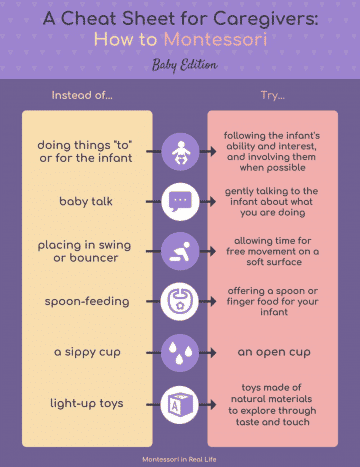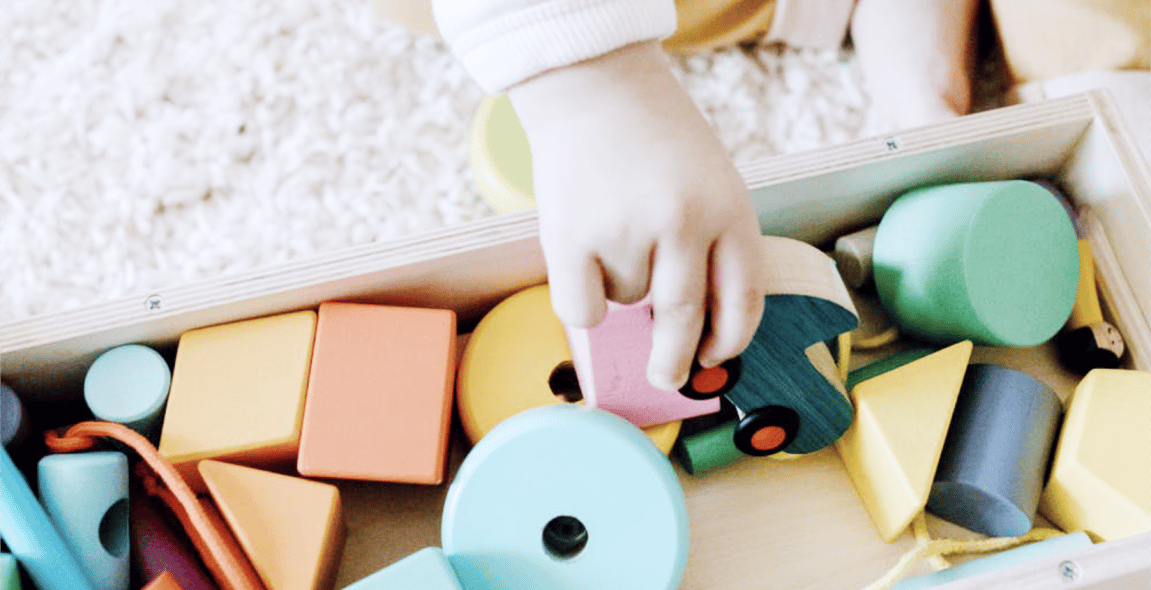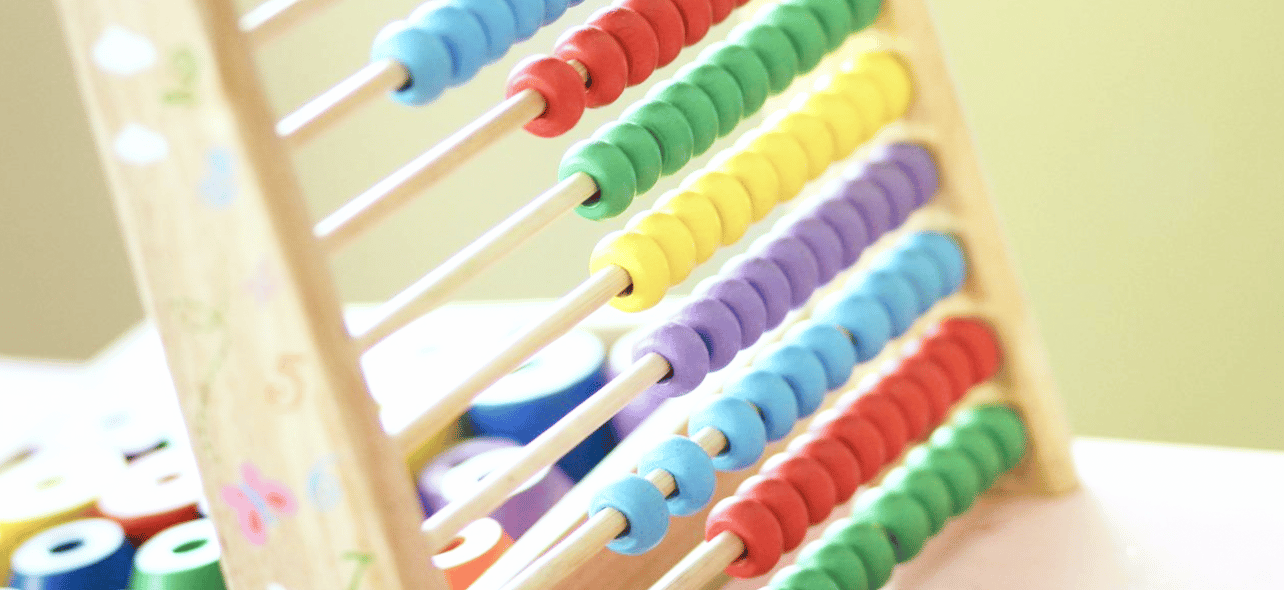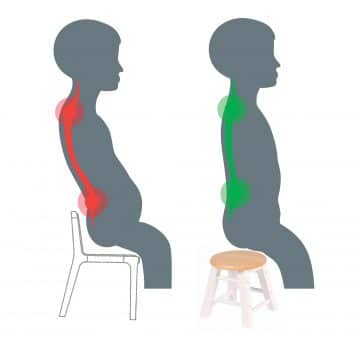
When it comes to discipline, what is Montessori parenting? Montessori parents believe in using natural consequences to teach children right from wrong. This means that misplacing a toy, for example, will lead to fewer pieces of food at meal time. Similarly, throwing food on the floor will mean less food during playtime. This way, children can learn why certain actions are bad and what they should do instead.
Montessori Meaning
One of the hallmarks of Montessori parenting is that children are encouraged to explore freely. Observing a child at play is essential to Montessori parenting, as it is an invaluable method for understanding children. Parents should watch their child carefully while he or she is playing alone and plan activities around his or her interests. Children are naturally curious and will often ask questions about something they’ve never tried before. Parents should observe their child carefully to see what he or she likes and dislikes, and follow this interest to determine the right activities for their child.
Another hallmark of Montessori parenting is the emphasis on allowing children to take responsibility for their actions and make decisions on their own. Children often need more freedom to develop independent thinking skills, and it’s important to allow them to make their own choices in order to foster their confidence. As Montessori explained, “children are like empty boxes” and need to be given space to play and decide for themselves. Parents should not punish or discipline children excessively, as it may cause them to withdraw and feel like a prison. Instead, parents should set boundaries and consistently focus on their child’s actions until they naturally choose desirable behaviors.

Montessori Parenting – Teaching Montessori
A Montessori approach to parenting stresses the importance of character development. Montessori teachers strive to develop a sense of responsibility and connectedness in their students. Children learn that their choices can have consequences and are ultimately responsible for limiting their negative effects or promoting positive ones. The executive function in children is vital to their ability to reach independence. Parents who apply the Montessori philosophy to parenting are creating a child’s world where they are free to express themselves.
If you are interested in the Montessori Method but don’t know where to begin, consider attending a Montessori school. Many schools will allow observers. An observer is simply seated in the classroom for about 30 minutes to an hour. It’s a good idea to observe a few schools before making a decision. It’s also helpful to observe the school more than once to get a feel for the atmosphere. While most Montessori schools do not require parent visits, they do welcome them.
How Much is Montessori School?
One of the first questions that may pop into your mind when deciding whether or not to send your child to a Montessori school is, “How much is it?” Although Montessori schools vary in tuition costs from one location to another, the average price of a year at a reputable institution is around $13,000 for an infant, $10,500 for a primary student, and $15,500 for a secondary student. Tuition costs for a Montessori school vary considerably based on location and program, with the higher end of the scale in metropolitan areas like the Northeast. However, the lower-end price ranges in southern states can be as low as $7500 per year.
There are two primary types of tuition fees for Montessori schools: public and private. The Montessori Day School of Brooklyn offers different payment plans to accommodate the needs of parents. Some of these schools are eligible for tax credits, vouchers, and Education Savings Accounts (ESAs), and offer additional benefits such as free or reduced tuition for multi-children. Depending on your child’s needs, some Montessori schools may charge additional fees for technology, supplies, guest speakers, and field trips. Those looking for a more comprehensive program may want to look for a private Montessori school. While a private Montessori school may cost tens of thousands of dollars, it can be well worth the money.

Montessori vs. Daycare
Montessori parenting emphasizes self-confidence, and daycares offer this same. Both environments use a curriculum designed to meet the needs of the individual child. Daycares often have fewer students per teacher, and the teacher-child ratio is high. Montessori is not only higher-quality, but also less expensive. The child also receives more one-on-one attention, which is important for their development. A large difference between a Montessori preschool and a daycare is the amount of attention the teacher will give to your child.
When deciding whether to send your child to a Montessori preschool or a traditional daycare, consider the advantages and disadvantages of each. Montessori is better for your child’s health, and instills a sense of curiosity and independence. Daycare teachers are generally not as experienced as Montessori teachers, and there are less opportunities for individualized attention. You will have to pay for the extra staff at a Montessori school, so choose the one that fits your budget and your needs.
Montessori Parenting at Home
One of the hallmarks of Montessori parenting is the concept of choice. Your child’s choice of activity should be supported. A child who is interested in playing guitar might be more likely to spend time playing with Lego blocks than practicing his instrument. As your child grows, baby-proofing should be modified to allow for greater mobility. As your child grows, you should also extend your Montessori efforts to the bathroom. You can provide a step stool, light switch extenders, and faucet extenders to allow your child to make the transition. You can also encourage your child to be self-sufficient in the bathroom by teaching him how to use the toilet by himself.
Whether you are incorporating Montessori principles into your homeschool or not, there are several benefits to following the method. Children will be more likely to learn and develop at their own pace if you let them make their own choices. A quick reference guide, as well as books and DVDs on Montessori education, can help you implement the method in your homeschooling program. This will allow your children to be more independent and confident. And while you may be busy preparing your child’s lunches or a family dinner, the benefits of Montessori parenting at home are clear. Here is another great article on Adapting your Home and Life to a Montessori Lifestyle, Tips from the Experts where were had the opportunity to share even more Montessori tips!
We highly recommend checking out one of our Play Tables for Kids as they’re perfect for all types of Montessori activities for kids. They serve as the perfect center for play in the home and keep toys and manipulatives in one place. Most people have a dedicated desk or space for their work, why not do the same for your little one?
Want more information on Montessori parenting? Watch the video below!



